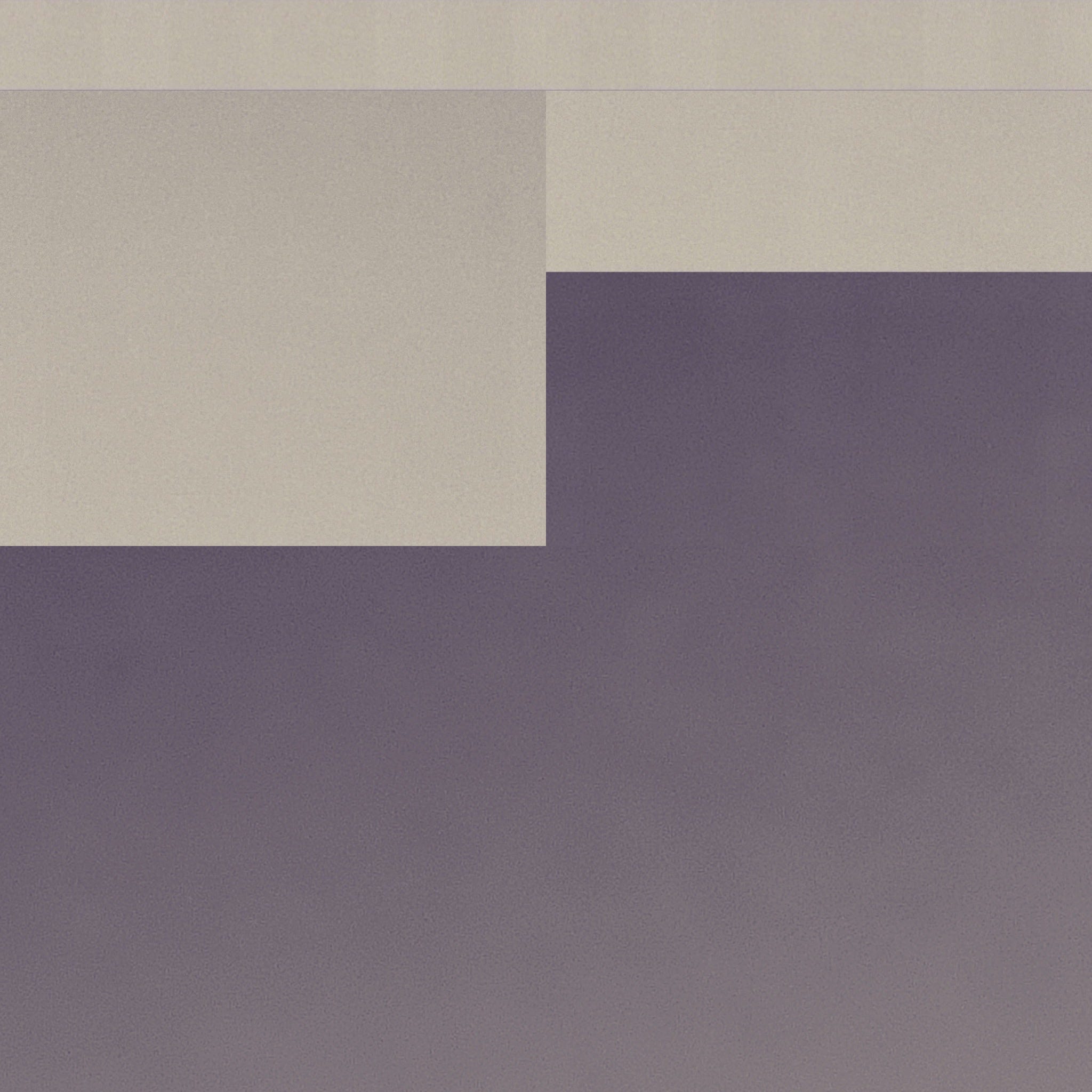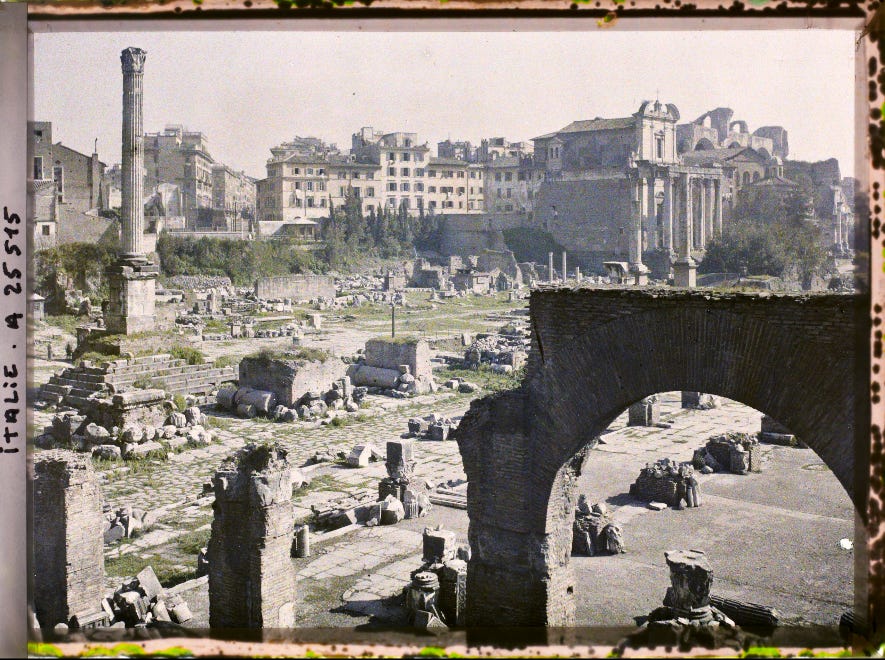
Sitting by a lake, watching frogs that never knew they were the reason we survived

Sitting by a lake, watching frogs that never knew they were the reason we survived

Points to ponder
In the past few months I have been engaging in the exegesis of source code from the 1980ies and -90ies. Serendipity towards the end of last year brought me in closer contact with the concept of ludemes, in which I found a fitting perspective on these magic moments of translation. David M. Berry outlines this processes through the computational image, Hartmut Rosa approaches it through his theories on resonance, Karen Barad talks about inter- and intra-actions, and Luhman also has an opinion on the topic. Either way, ludemes have been utterly fruitful in reading source code against a techno-deterministic grain, and as a lens into programming practices of the past.

tl;dr: It’s been around 6 weeks using an ergonomic split keyboard. Inspired by Peter’s blog post about his experiences in changing to a split keyboard (and alternative keyboard layouts), I wanted to share bit of my own journey of using an ergonomic split keyboard: As part of the “elder millennials” , I grew up around early DOS computers and their command-line, followed by an early internet that for lack of real
A preprint is a research article that is made openly available on a preprint server, typically before submission to a peer-reviewed journal. Preprinting enables new scientific knowledge to be shared in a timely and open way. It often takes many months or even years for an article to pass through the peer review process of a journal.

Stories from DataCite’s Global Access Fund Awardees Interested to learn how institutions around the world are connecting research through open infrastructure? On 24 April 2025, we hosted a webinar featuring three Global Access Fund (GAF) Awardees and their journeys in making research outputs more visible and impactful. Whether you missed the event or want to revisit the highlights, this blog summarizes the insights shared by our speakers.
Can creativity and science go together?

Uno de los errores más comunes en la transmisión de textos son las omisiones causadas por un salto visual del copista ( parablepsia ). Sobre ellas escribí una entrada hace algunos años.
In this series of posts about the electronic effects in small sulfur rings I have explored increasingly large induced geometric effects.

This post is part of a living literature review on societal collapse. You can find an indexed archive here. When we talk about societal collapse, we usually talk about the factors that led to the collapse of a given civilization. However, you could also turn this around and ask what factors allow civilizations to avoid societal collapse and major crises.

Der 14. Workshop der DINI Arbeitsgruppe Kompetenzzentrum Interoperable Metadaten (KIM) fand dieses Jahr wieder an der Uni Mannheim statt. Der jährliche Wechsel zwischen einer Veranstaltung vor Ort und eines Onlineformats hat sich mittlerweile etabliert und wurde auch von den diesjährigen Teilnehmenden als sehr passend empfunden.